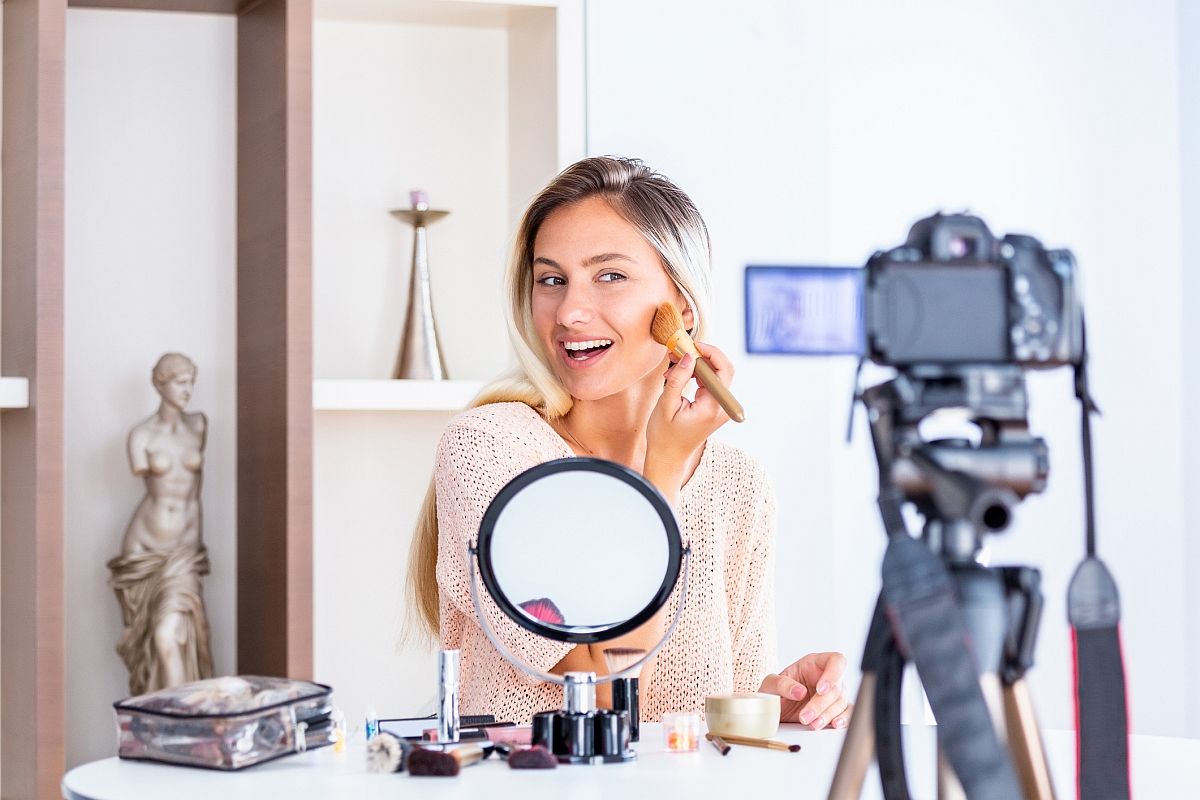
From humble beginnings as a means to connect with friends and family, social media has evolved into a powerful tool that shapes how people perceive themselves and others.
One of social media’s most profound influences is its role in cultivating influencer culture.
This article will examine how the rise of social media has changed the nature of the influencer industry and present some novel perspectives on this dynamic topic.
The Rise of the Social Media Influencer
The Democratization of Fame
Once reserved for traditional celebrities, fame has become more accessible to everyday people, thanks to social media.
Platforms like Instagram, YouTube, and TikTok allow users to share their talents, hobbies, and opinions with the world, opening the door for individuals to amass substantial followings and become influencers in their own right.
The Birth of Micro-Influencers
At the heart of influencer culture lies the micro-influencer. These individuals boast smaller followings than their mega-influencer counterparts but have a more engaged and loyal fanbase. As a result, they can be even more influential in some niches.
For instance, Rebelcelebrity.com showcases a wide variety of up-and-coming influencers, highlighting the diverse range of talents that these individuals possess.
The Power of Social Media Algorithms
Tailoring Your Online Experience
One of the reasons social media plays such a significant role in shaping influencer culture is the algorithms used by these platforms.
By monitoring user behavior and engagement, social media sites can curate content tailored to each individual’s interests, fostering the discovery of new influencers who align with their tastes.
Creating a Feedback Loop
This personalization can create a feedback loop, where users are exposed to more content from influencers they already engage with, further cementing their relationship and loyalty.
It also means that influencers need to be more innovative and creative to stand out in the saturated world of social media.
The Impact on Society and Mental Health
The Comparison Trap
Social media platforms have a tendency to showcase the best aspects of people’s lives, often leading to a skewed perception of reality.
This can result in users comparing themselves to the carefully curated images and lifestyles of influencers, which can have detrimental effects on self-esteem and mental health.
The Pressure to Conform
Influencer culture has also led to an increased pressure to conform to certain standards, whether it be beauty ideals, fashion trends, or lifestyle choices.
Users who feel they are falling short of these standards may experience FOMO (Fear of Missing Out).
The Future of Influencer Culture
Embracing Authenticity
As society becomes more aware of the potential pitfalls of influencer culture, there is a growing desire for authenticity. This has led to influencers who are open about their struggles, imperfections, and the realities of their lives gaining popularity.
This shift towards relatable content allows for a more genuine connection between influencers and followers.
Harnessing the Power of Social Media for Good
Influencers have an immense power to impact their followers’ beliefs and actions. By using their platforms to raise awareness of social issues, promote self-love and acceptance, and support charitable causes, influencers can help to create positive change.